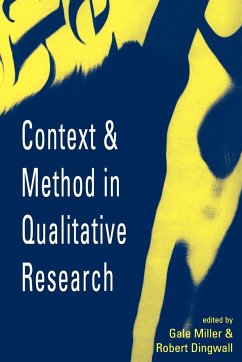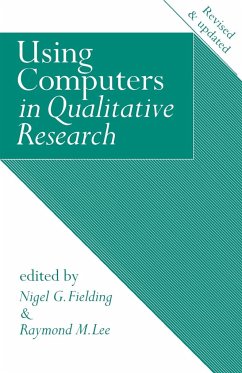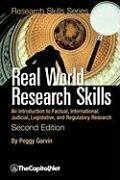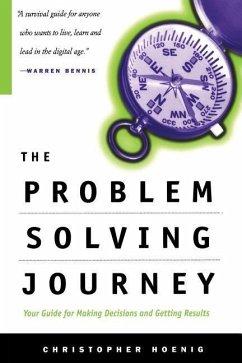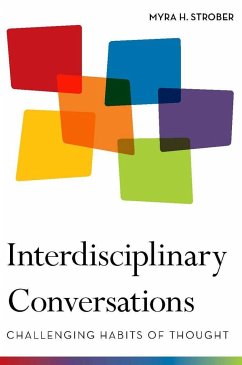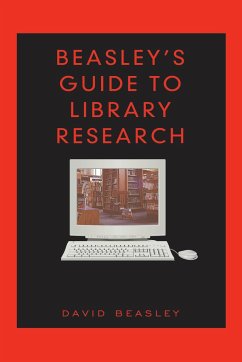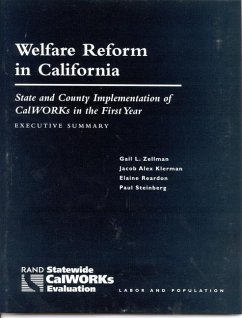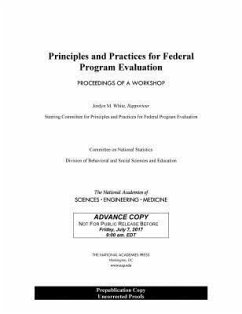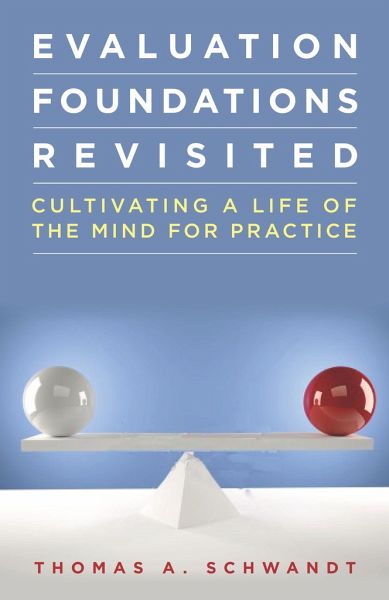
Evaluation Foundations Revisited
Cultivating a Life of the Mind for Practice
Versandkostenfrei!
Versandfertig in über 4 Wochen
64,99 €
inkl. MwSt.

PAYBACK Punkte
32 °P sammeln!
Evaluation examines policies and programs across every arena of human endeavor, from efforts to stop the spread of HIV/AIDS to programs that drive national science policy. Relying on a vast array of methods, from qualitative interviewing to econometrics, it is a "transdiscipline," as opposed to a formal area of academic study. Accounting for these challenges, Evaluation Foundations Revisited offers an introduction for those seeking to better understand evaluation as a professional field. While the acquisition of methods and methodologies to meet the needs of certain projects is important, the ...
Evaluation examines policies and programs across every arena of human endeavor, from efforts to stop the spread of HIV/AIDS to programs that drive national science policy. Relying on a vast array of methods, from qualitative interviewing to econometrics, it is a "transdiscipline," as opposed to a formal area of academic study. Accounting for these challenges, Evaluation Foundations Revisited offers an introduction for those seeking to better understand evaluation as a professional field. While the acquisition of methods and methodologies to meet the needs of certain projects is important, the foundation of evaluative practice rests on understanding complex issues to balance. Evaluation Foundations Revisited is an invitation to examine the intellectual, practical, and philosophical nexus that lies at the heart of evaluation. Thomas A. Schwandt shows how to critically engage with the assumptions that underlie how evaluators define and position their work, as well as how they argue for the usefulness of evaluation in society. He looks at issues such as the role of theory, how notions of value and valuing are understood, how evidence is used, how evaluation is related to politics, and what comprises scientific integrity. By coming to better understand the foundations of evaluation, readers will develop what Schwandt terms "a life of the mind of practice," which enables evaluators to draw on a more holistic view to develop reasoned arguments and well fitted techniques.



